Opportunities for Athletes
This section explores the opportunities for Special Olympics athletes, in and through Sport.
-
Athlete Empowerment & LeadershipAthlete Empowerment & Leadership Athlete Empowerment Special Olympics Ontario is committed to ensuring that athletes participate in all key areas of the organization through athlete empowerment initiatives. This commitment hopes to ensure that athletes are given the opportunity to participate in the Special Olympics movement beyond sports training and competition.
-
Community Athlete Representative - Manual 2018Community Athlete Representative Manual 1 Community Athlete Representative Manual Table Contents Community Athlete Representatives Special Olympics Athlete Leaders have the opportunity to become active members of their local Community Council. They can do this by applying to be a Community Athlete Representative or being nominated to be a Community Athlete Representative.
-
Community Athlete Representative Nomination FormCommunity Athlete RepresentativeNomination Form Name of nominee: Phone or email of nominee: Name of person completing this form: Phone or email of person completing this form: Role of person completing this form (Athlete, Coach, Volunteer, Parent etc.): How long has the nominee been a part of Special Olympics?
-
ALPs ALC Peer MentorsOpportunities for Athletes test This section explores leadership and mentorship opportunities for Special Olympics athletes, in and through sport. Athlete Empowerment Special Olympics Ontario is committed to ensuring that athletes participate in all key areas of the organization through athlete empowerment initiatives.
-
OPPORTUNITIES IN SPORTOPPORTUNITIES IN SPORT Training Special Olympics Ontario training programs are community-based and work at a grassroots level. Sport clubs are located in communities across the province that are responsible for offering training opportunities in various sports. Programs are offered, and run, at the local level by a dedicated group of volunteers.
-
ATHLETE ELIGIBILITYIf an individual is two years of age or older and is identified by an agency or professional as having an intellectual disability, then that person is eligible to participate as an athlete in Special Olympics. If the person is identified as having closely related developmental disabilities with functional limitations in both general and learning adaptive skills, then that person is eligible to participate in Special Olympics.



